Department and Faculty
In addition to caring for patients in clinical practice, Mayo Clinic's faculty is committed to teaching and facilitating the growth of medical knowledge.
Movement neuromodulation faculty
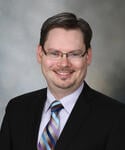 |
Bryan Klassen, M.D.
|
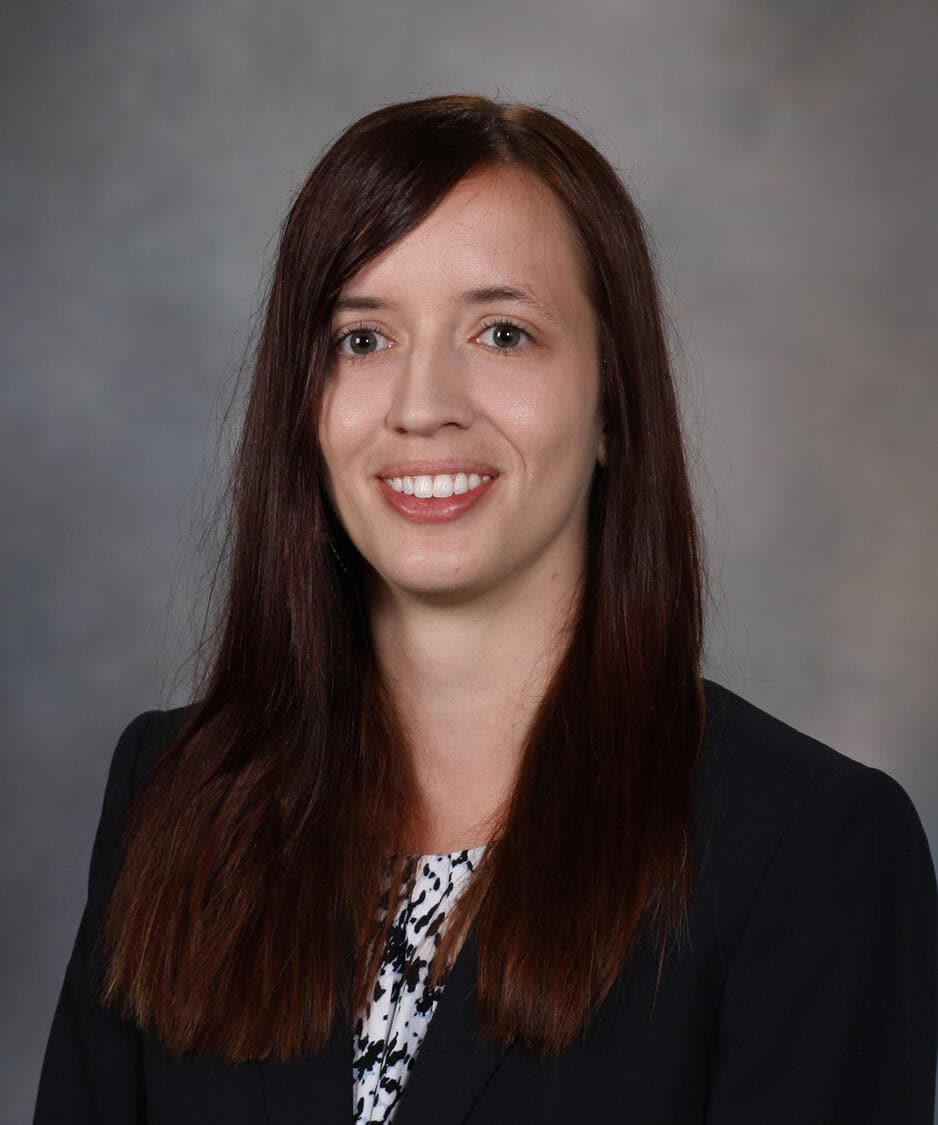 |
Lauren Jackson, M.D. |
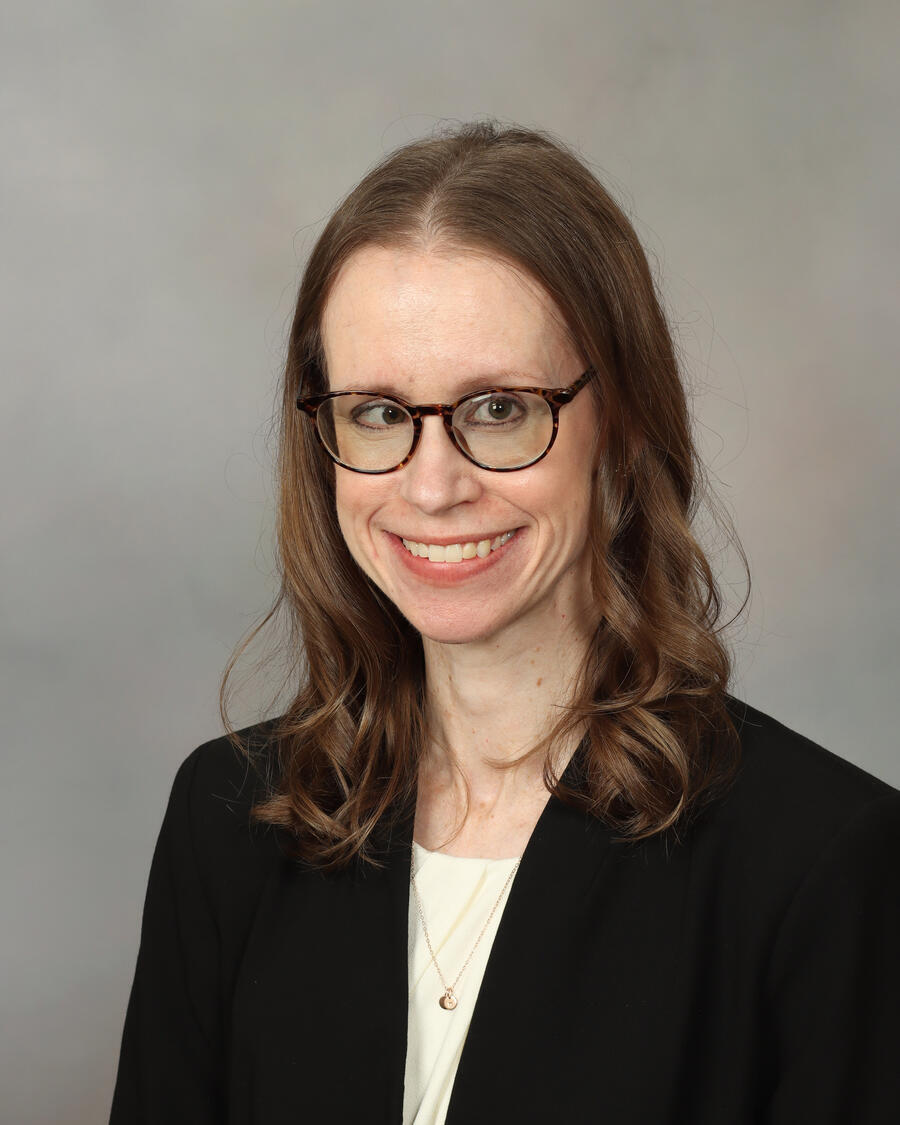 |
Emily Ruether, M.D. |
Epilepsy neuromodulation faculty
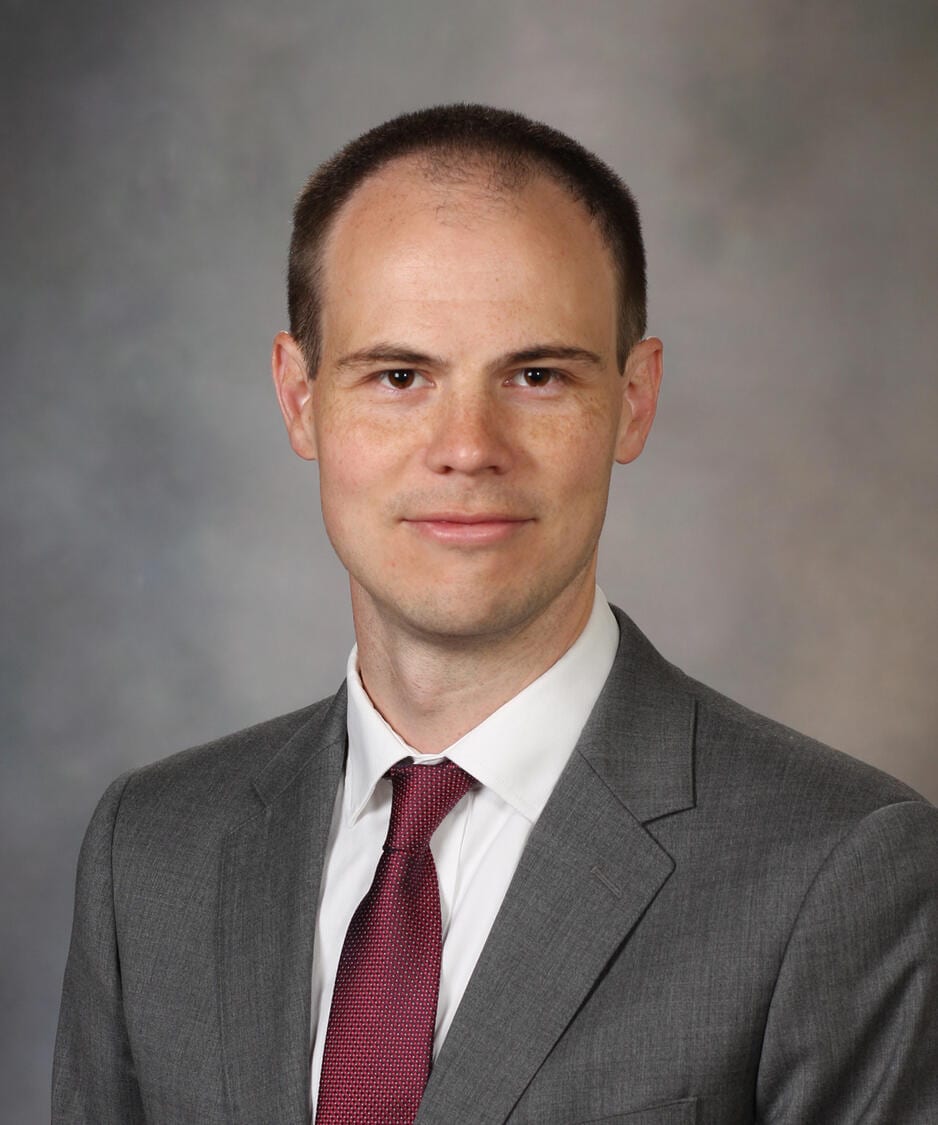 |
Nicholas Gregg, M.D.
|
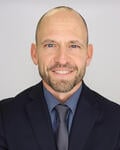 |
Brian Lundstrom, M.D., Ph.D. |
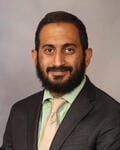 |
Gamal Osman, M.B., B.Ch.
|
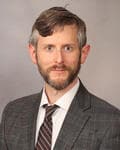 |
Keith Starnes, M.D. |
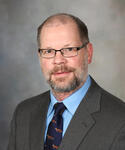 |
Gregory Worrell, M.D., Ph.D. |
Functional neurosurgeons
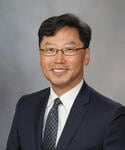 |
Kendall Lee, M.D., Ph.D.Movement |
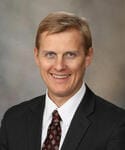 |
Kai Miller, M.D., Ph.D.Movement and epilepsy |
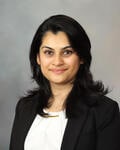 |
Rushna Ali, M.D.Movement and pain |
 |
Jamie Van Gompel, M.D.Epilepsy |
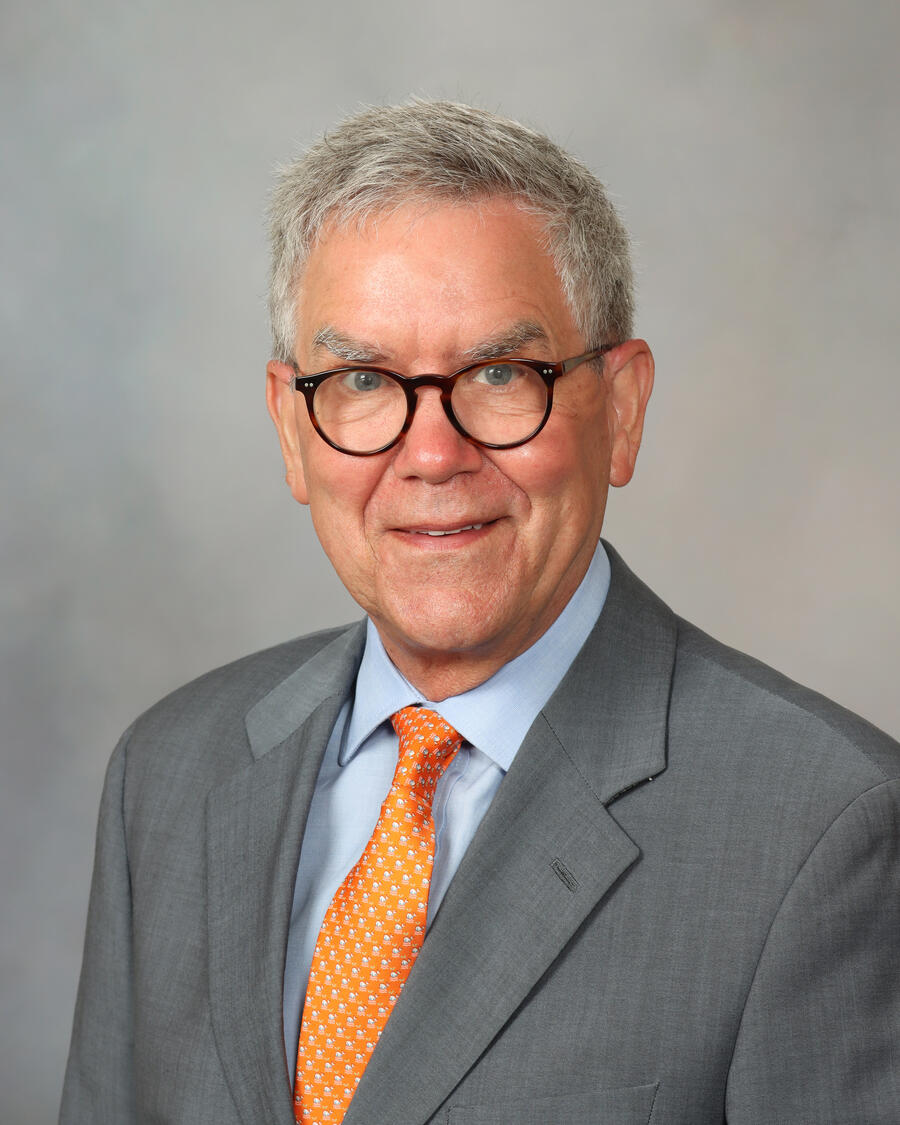 |
W. Richard Marsh, M.D.Epilepsy |
The Department of Neurology at Mayo Clinic consists of highly integrated, collaborative adult and pediatric neurologists who specialize in the research, diagnosis and treatment of over 500 conditions and diseases affecting the nervous system.
More than 80 specialists provide both one-time evaluation and continuing care for patients with neurologic disease. Close collaboration with specialists in pediatric and adolescent medicine, speech pathology, neurosurgery, psychiatry and psychology, pain management, sleep disorders, and physical medicine and rehabilitation ensures that Mayo Clinic patients have access to the most comprehensive care.
The Movement Disorders Subspecialty Group provides specialized care to patients with all types of movement disorders. The group also staffs the Movement Disorders laboratory, which performs diagnostic neurophysiologic studies and administers localized botulinum toxin injections for focal dystonias and tremors.
Surgical treatments offered for movement disorders include:
- Selective denervation surgery for spasmodic torticollis
- Deep brain stimulation for tremor disorders (including patients with Parkinson's disease, essential tremor, and multiple sclerosis) and dystonia.
Each consultant has considerable experience in evaluating and treating patients who have complex neurological disorders, and each has individual clinical and research interests and expertise.
Mayo Clinic has a very sophisticated, well-developed, electronic medical record system that covers inpatient and outpatient medical interactions. The system, integrated throughout all Mayo campuses and facilities, allows for rapid retrieval of all clinical, laboratory and imaging studies for patients. A robust department intranet site is a portal to extensive online resources for neurological education.
The staff has collectively published hundreds of manuscripts in peer-reviewed journals and contributed to many well-known books.
Staff members' expertise and the reputation of Mayo Clinic have resulted in a high-volume practice and a high proportion of patients who have complex and challenging medical problems. Based on the experience of its staff, coupled with the high-quality, integrated and efficient practices of all clinical and laboratory specialties, Mayo Clinic has for decades been recognized as one of the finest clinical practices of medicine in the world.
Visiting professors
Many prominent professors visit Mayo Clinic each year. They present their work during morning and late-afternoon lectures. Residents and fellows are encouraged to take full advantage of these opportunities to interact with experts from other academic centers and. Mayo allows time away from clinical assignments to attend these lectures.
Also see: Movement Disorders Subspecialty Group